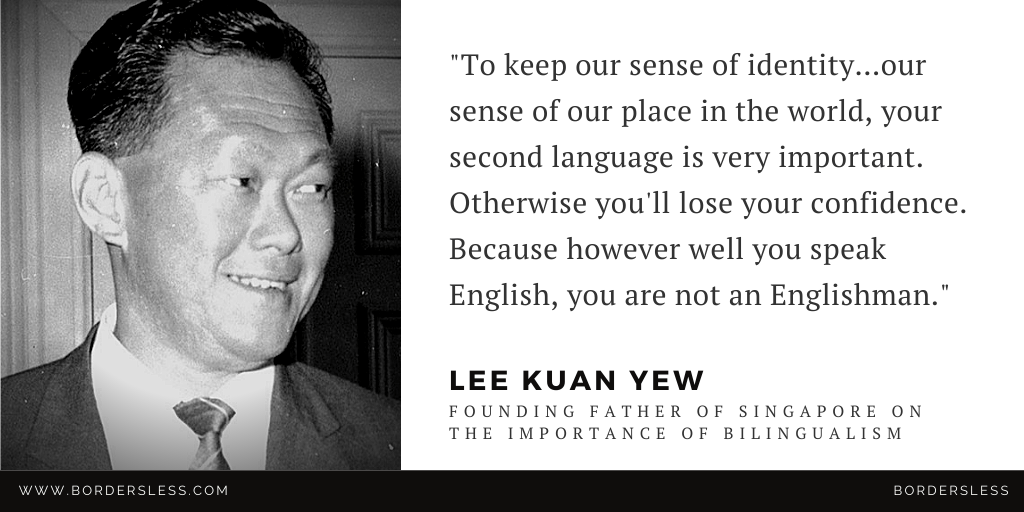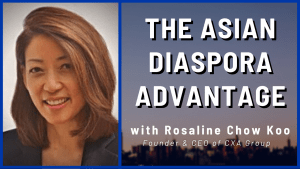The Struggles of Learning Mandarin
Being born and raised in Australia, I never felt the need to learn an additional language outside of English. However, in my 20s, I started to become more interested in understanding my Chinese roots.
Some migrant children in Australia go through an identity crisis at some point in their life, realising that they’re unable to fit into either cultures. Some assimilate completely, having no interest in their culture. Some take the effort to learn their “mother” tongues and reconnect with their heritage if their parents didn’t give them a foundation.
I’ve always struggled to learn Chinese, being unable to remember characters (文字) and struggling with the tones (语调). Somehow my adult brain is incapable of deciphering this complicated language and has always served as a source of embarrassment.
However, learning that Lee Kuan Yew (the founding father of Singapore) only learned Mandarin in his 30s, gave me the motivation to keep struggling.
Lee Kuan Yew Speaking Mandarin
On Lee Kuan Yew
Despite the criticism I see from young Singaporeans, I consider Lee Kuan Yew to be a badass and one of the most influential leaders in modern history, having pulled Singapore from “Third World to First” in one generation. Singapore, without any natural resources and its small geographical size, is now one of the wealthiest countries in the world.
Similar to Robert Kuok, there is no doubt that Lee Kuan Yew’s worldview was heavily shaped by the events of World War II. Seeing the British fold like cheap cards against the “inferior” Japanese forces in 1942 and subsequently witnessing the brutality of the Japanese, he lived in turbulent times. Again that’s a story for another time…(or you can read his biographies).
Bilingualism
Born to English-speaking parents, Lee Kuan Yew never grasped Chinese and felt it as a source of humiliation and inadequacy. Despite being educated in the UK and forcing Singapore to use English as a common language, he later in life decided that Mandarin was important. Not only because of the rise of China, but to understand his roots and reclaim his heritage.
In his books: Keeping my Mandarin Alive and My Lifelong Challenge: Singapore’s Bilingual Journey, he details the struggles of learning Mandarin from the age of 32 and urged Singaporeans to embrace both English and their “mother tongue” languages. This would enable them to be global citizens and strengthen links to their Asian Heritage.
This was so important to him that he created the Lee Kuan Yew Fund for Bilingualism in 2011 to foster bilingualism in young Singaporean children: http://www.bilingualism.sg/about-the-fund/about-the-fund.
In a world where Singapore will have to deal with an increasingly turbulent China-US relationship, bilingualism and cross-cultural understandings may prove an advantage for this small city-state.


